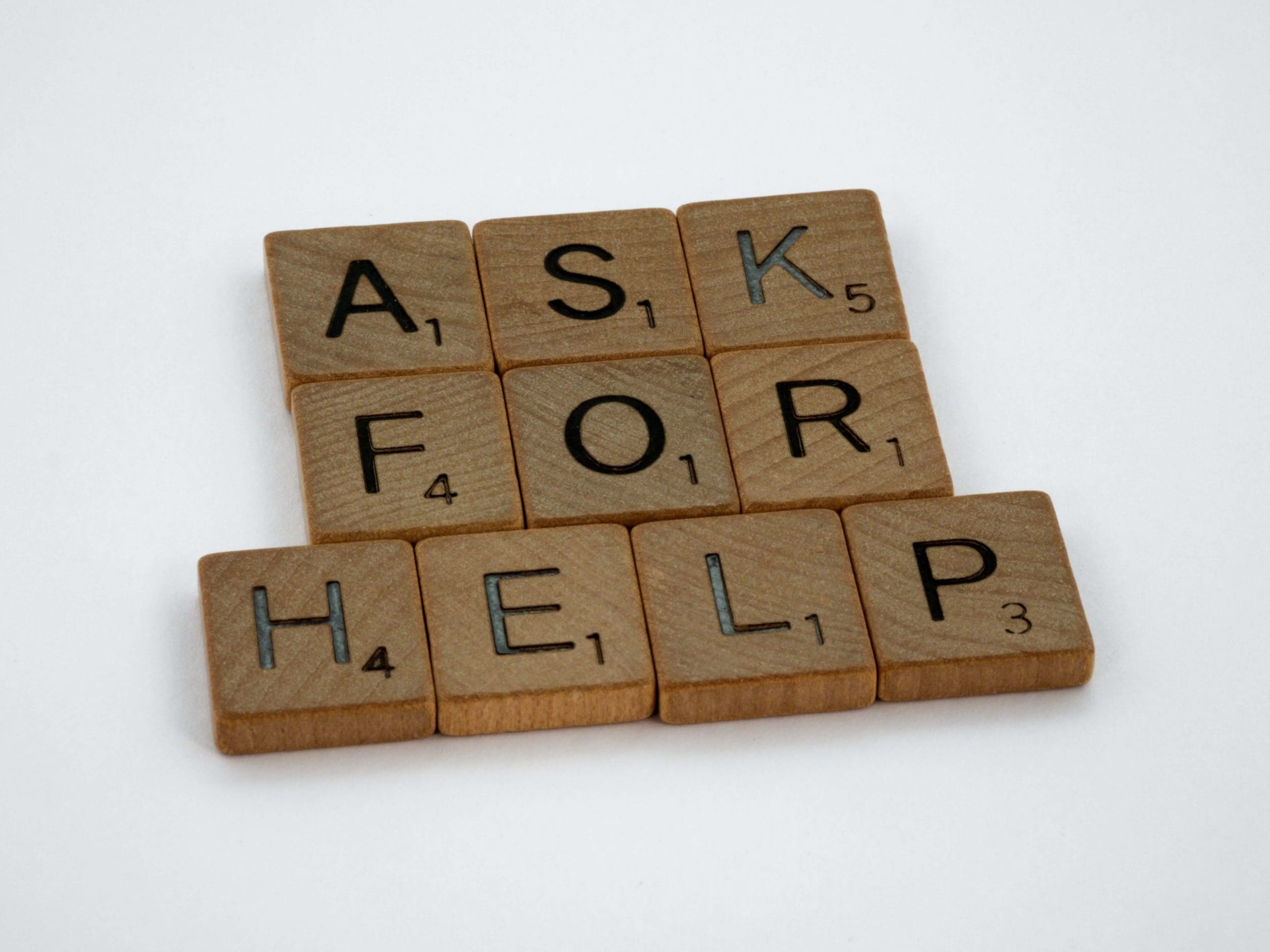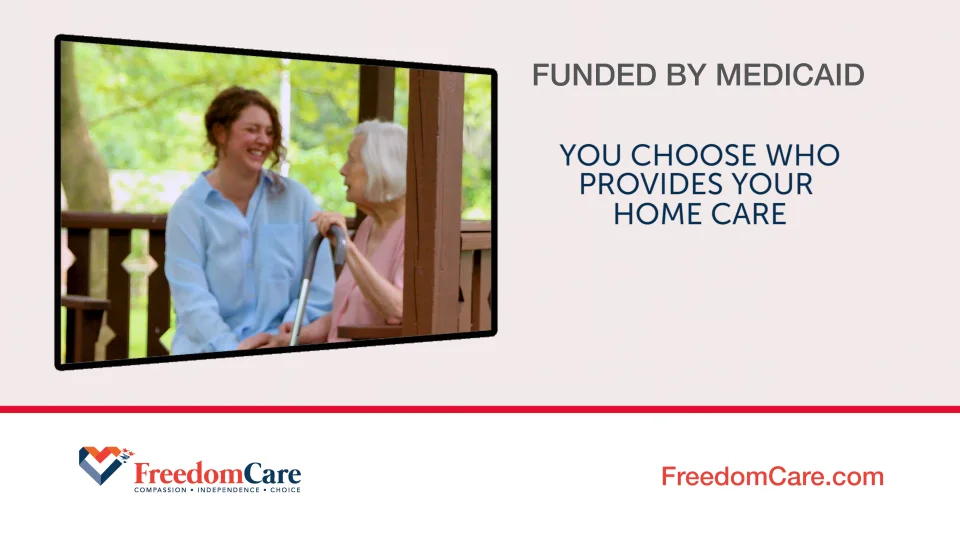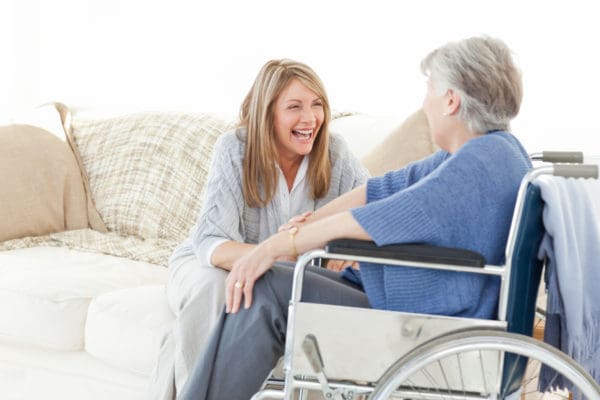Table of Contents
Blog - Freedom Care in Colorado-Springs-Colorado
It isn’t just about what you do, but the intentions behind it. Try to focus on yourself during these moments, and allow yourself to stop thinking about the outside world, including your work, as you take care of yourself. The Centers for Disease Control (CDC) recommends adults between the ages of 18 and 60 get an average of seven hours of sleep per night.
That said, what is important is not only the duration of sleep, but the quality of it. The CDC has an extensive list of tips for better sleep if the stress from your job is affecting your rest. Growing amounts of research continue to prove that exercise is an extremely important part of any individual’s life, and making time to perform regular, physical activities is necessary to maintain proper health.

Going for a 30-minute walk in the morning before work, taking a class at your local gym, or following online workout tutorials from the comfort of your home are all easy ways to stay fit and healthy. They can also be fun activities such as dancing, swimming, and shopping. If you are feeling down, depressed, or stressed during your caregiving, always remember that you are not alone and that there are many resources available to help alleviate the mental strain you will likely face at some point in the process.
Traveling With A Family Member Who Suffers From A Disability ... in Memphis-Tennessee

Here are some tips for identifying possible burnouts, and what to do if you are struggling as a caregiver. A caregiver burnout is the state of mental or physical exhaustion a caregiver may reach due to the difficulty of the process. Seeing someone you give care for suffer is difficult for anyone, and sometimes this reaches a breaking point which may lead to depression, anxiety, or sickness.
This may mean seeing a therapist, talking to trusted loved ones, or taking some time off from the caregiving work. It is important to act as soon as these symptoms arise in order to prevent more serious and dangerous behavior from occurring. Talking about your own mental health struggles as a caregiver can be extremely difficult, especially if you are caring for someone with mental illness.
Asking them to check in regularly on you, having their contact information on hand, and setting up regular meetings such as coffee once a week with loved ones is a great way to perform self care. While talking with friends and family about the caregiving process and its difficulties is important, it may be difficult for people who are not caregivers to truly understand and empathize with what you are living through.
Caregiver Role Strain: Signs And Preventative Steps in Elizabeth-New-Jersey
The Caregiver Action Network has many groups and other resources available for caregivers. Caregiving is a rewarding, important, and life changing task, but it is not an easy one. Mental health is particularly difficult to be a caregiver for because there is not as much research available as with other diseases, and each person struggling with mental illness will have a very personal experience with it.
If you are struggling as a caregiver, remember to seek out help because your health is just as important as that of the person you are caring for. Do not wait until it is too late to receive the necessary support to avoid any possible burnouts or long-term mental struggles which can develop from caregiving.
Although rewarding, working as a CDPAP caregiver is often emotionally and physically challenging. Increased stress levels due to caregiving tasks can have a negative impact on your well-being and the quality of care you provide. In this article, we offer some useful tips on how to deal with caregiver stress.
Sonia Y. Jackson - New York, New York, United States in Philadelphia-Pennsylvania
While you constantly worry about the person you care for and spend long hours assisting them with daily tasks, you may neglect your personal care and social interactions. Here are some indicators that you may be experiencing caregiver stress: Anger and irritability Anxiety Depression Exhaustion Getting sick more often Changes in eating habits Difficulty concentrating Sleep problems Social withdrawal.

Recognizing the signs of caregiver stress is essential for preventing long-term health consequences. If left unmanaged, stress can cause serious physical and mental health issues and lead to caregiver burnout, a condition of feeling exhausted and unable to cope. Ultimately, physical, mental, and emotional strain will affect your ability to provide quality care as a CDPAP caregiver.

Weaken your immune system, making you more prone to illnesses. Create emotional instability and prevent you from thinking clearly. Cause depression and anxiety. Lead to unhealthy habits such as smoking and alcohol abuse. Cause weight gain and obesity, hence increasing your risk of other health problems, including diabetes, heart disease, and stroke.
Table of Contents
Latest Posts
Buy Best Heart Rate Monitors Of 2023 - Popular Science in LA - limited period only
Buy The 1 Thing That Will Make Every Workout More Effective in TEXAS - limited period only
Best Polar Heart Rate Monitor - H10 Vs H9 Vs Verity Sense now available in LA
Navigation
Latest Posts
Buy Best Heart Rate Monitors Of 2023 - Popular Science in LA - limited period only
Buy The 1 Thing That Will Make Every Workout More Effective in TEXAS - limited period only
Best Polar Heart Rate Monitor - H10 Vs H9 Vs Verity Sense now available in LA